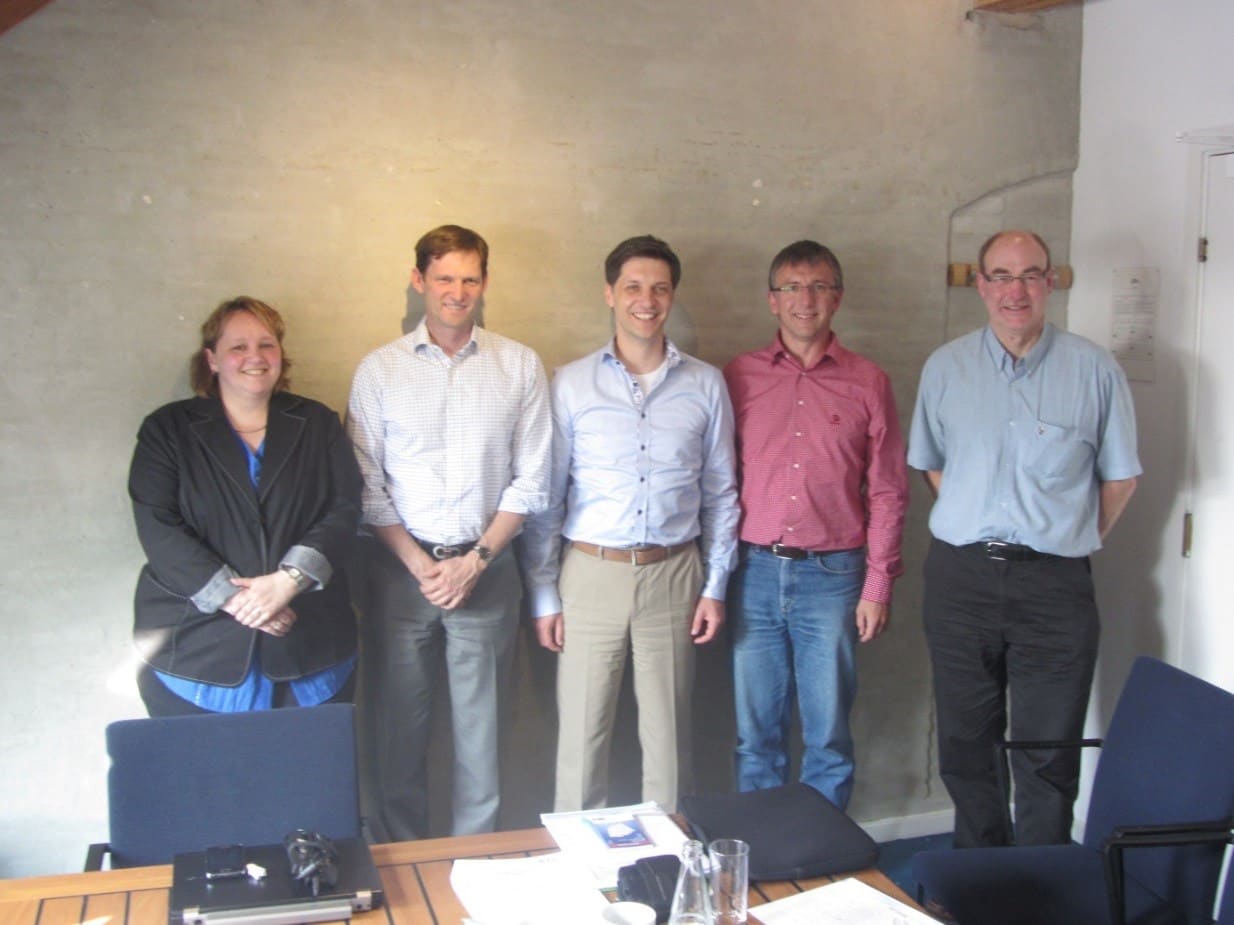
« Research is to see what everybody has seen and think what nobody has thought. »
– Albert Szent-Györgyi
We believe knowledge expansion is the key to solving clinical problems and improving outcomes in orthopedic trauma care. The objective of our Research Program is to stimulate scientific studies in support of evidence-based research in surgical practice. Support of basic, pre-clinical, biomechanical, experimental, and translational research is the immediate aim of the program. The trends in development of trauma care technology are governed by an increase in the aging population, particularly in industrialized countries. The OTCF Research Program aims at mobilizing more resources to pre-clinical musculoskeletal research.
The translational approach to research develops around selected “hot topics” and consists of five key activity components:
In addition, we promote development of methodology in experimental research. All amendments are published in a reference textbook for members to contribute. This continues the series of textbooks on clinical research methodology. The courses on clinical research will be resumed by national OTC Chapters, and expanded by future OTCF courses on experimental research, all based on the methodology compiled in these textbooks.
The program activities are guided by the OTCF Research Committee (RECO). This committee, with members of high academic standing and long-term experience, oversees and directs the program. They identify research topics worth covering, develop procedures for the research grant process, review proposals and establish criteria for approving applications and awarding grants.

Our Research Committee organizes scientific symposia on an annual basis. A broad array of clinical surgeons, research-interested surgeons and scientists with different specializations are attending.
2024: Ballistic Injuries. This workshop was held in Cape Town, South Africa, November 07-08, 2024.
2023: Fracture-Related Infections. This workshop was held in Rome, November 16-17, 2023.
2022: Clinical Research changing clinical practice. The workshop was held in Lyon, France, November 11 to 12, 2022, providing the basis for offering the 2023 research grants.
2021: New Technologies. The workshop was held in Brussels, Belgium, November 12 to 13, 2021, providing the basis for offering the 2022 research grants.
2019: Enhancement of Fracture Healing. The workshop was held in Prague, Czech Republic, November 14 to 16, 2019, providing the basis for offering the 2021 research grants.
2018: Optimizing Patient’s Function after Musculoskeletal Trauma. The workshop was held in Toronto, Canada, November 15 to 17, 2018, providing the basis for the 2019 research grant cycle.
2017: External Fixation and Percutaneous Pinning. (Malaga, October 19 to 21, 2017) hosted by the OTC Spain Chapter, providing the basis for offering the 2018 research grants.
2016: Complications of Plating: Evolution of Treatment (Boston, November 3 to 5, 2016), providing the basis for the 2017 research grants.
2015: Complications of IM Nailing: Evolution of Treatment (Zurich, November 2-3, 2015), providing the basis for offering the 2016 research grants.
2014: Osteoporotic Fractures – part two: Fracture fixation perspective, providing the basis for offering the 2015 research grants.
2013: Osteoporotic Fractures – part one: Biological perspective, providing the basis for offering the 2014 research grants.
2011 and 2012: Functional Assessment of Fracture Healing (Barcelona, October 2011 and Boston, December 2012), reviewing the subject from different viewpoints resulting in specific research questions and concrete research items.
The results of these workshops are published in the form of supplements to scientific journals.
Every year, we allocate Research Grants. Members of the OTCF and orthopedic trauma surgeons around the globe can submit an application which will then be carefully reviewed by the OTCF ReCo. The program targets senior researchers who are eligible to research grants of up to USD 50,000. The evaluation and selection process for grants is based upon strict scientific principles and committee rules in accordance with Orthopaedic Trauma Association (OTA) criteria. The Administrative Policies and Procedures for OTCF Research Grants 2026 can be downloaded here.
Application:Since the annual funding available for OTCF research grant is limited, we are not able to fund every research proposal and a prioritized selection is inevitable. The OTCF research grant process is discussed in the document Administrative policies and procedures for OTCF research grants 2025. It includes application conditions as well as scientific and institutional requirements. Applicants need to fill out the OTCF Research Grant 2026 – Application Form and as applicable the optional OTCF Research Grant 2026 – Tables and Figures .
Review of Applications: The one-phase application process is based upon the full-length proposals. The OTCF Research Committee (ReCo), which consists of active and experienced trauma surgeons and scientists in different areas of clinical, pre-clinical, experimental, and biomechanical research, evaluates all proposals. The evaluation is undertaken in a non-blinded manner based upon scientific merit, orthopedic trauma impact, methodology used, and stated feasibility of research teams to deliver within budget and time frame.
Successful Applications: The best applications will be offered a grant contract. Per institution and per (co-)applicant, only one grant can be awarded per year. Past grants have to be completed and the final report approved at the time of submission of the new proposal.
Unsuccessful Applications: All principal investigators of proposals that could not be funded will be informed and receive feedback. Decisions are final and rejections cannot be discussed.
For more information please contact: research.grants@otcfoundation.org
The deadline for submission is April 15, 2026. Further instructions are included in the application form.
OTCF considers every topic for a grant application. Each year, we also have a so-called hot topic. The main topic for the 2026 grant proposals is New Fixation Technologies. Within this hot topic, the following subject areas are particularly invited:
With the ever increasing need to ensure evidence-based research practice in orthopedic surgery and to communicate research results effectively, we have organized Clinical Research Courses on a regular basis for several years. With the transfer of courses from international to country level, these are now being resumed by OTC Chapters with interest in clinical research.
These courses on Principles and Practice of Clinical Research emphasize design, analysis and participation within orthopedic trauma research. The aim of the course is to transmit the basic skills for conducting quality clinical research, and to provide the essential background to understanding the “language of research”. The target group of participants is surgeons leading a clinical research study or participating as a site investigator.
A comprehensive syllabus and lectures for a one- or two-day course have been developed. Also, a roster of experienced lecturers has been established. OTC chapters interested in organizing such a course can obtain further information from: research@otcfoundation.org
Following the development of pre-clinical, translational and experimental research methodology for musculo-skeletal studies, a new series of research courses has been launched. The underlying textbook was published in 2015:
Experimental Research Methods in Orthopedics and Trauma , edited by Hamish Simpson and Peter Augat
Courses have been organized for the last four years:
Textbooks by Thieme Publisher and journal publications, as INJURY Supplements by Elsevier Publisher, emanate regularly from the research program. As of 2020, the list includes: